ESSENTIALITY OF WATER PRONOUNCED
It’s possible that the Coronavirus pandemic might have been the wake up call Kenya, and the world needed to realize just how much of a big difference a reliable supply of clean water can be. The Covid-19 pandemic
reminds us of just how vital water is to our daily lives and how important it
can be to the well-being of the nation and world.
Since the virus’s inception, public health experts have repeatedly insisted that people wash their hands regularly with clean running water and soap. In addition to the now-pervasive alcohol-based sanitizer, clean water is one of the leading elements in the fight against this disease.
The world now recognizes handwashing as one of the frontline defenses against such contagious diseases, and for many reasons. For one, unlike sanitizers, access to clean water is very cost-effective and doesn’t stock-out. And if properly done, washing your hands and clothes with clean water help prevent or reduce the risk of infection and keep communities safe.
Where we stand as a country
Since the Coronavirus outbreak, Kenya has installed more handwashing points with a clean supply of running water and soap at many public points. Generally, these facilities should be a constant feature, especially in public areas, even minus the pandemic. In addition, similar actions could as well reduce the prevalence of many waterborne diseases, making the country safer.
Unfortunately, this is easier said than done. The Covid-19 pandemic has shown that several communities throughout the world, especially Africa, still lack access to clean water supply. According to the World Health Organization and Unicef, only about 59% of Kenyans had access to basic water services. Thus, the reason why water-related diseases are one of the leading causes of death in the country, especially for children under five years.
So, only about three of every five people in the country have access to safe water, which proves how much of grim statistics it is. Without ample access to clean water, the country’s efforts in fighting Covid-19 looks even grimmer.
Recommendations: to bridge the water access gap
Clean water is a vital element in this global fight. Therefore, making the attainment and maintenance of universal access to clean, safe water a pivotal stage in the fight against Coronavirus and other communicable diseases.
Consequently, governments and other health institutions must commit themselves to the universal access to safe, usable water by2030, one of the central Sustainable Development Goals (SDG6).
Access to safe water must also be extended to communities and other areas with limited or no access to at all. And the country can do this by extending water pipelines, sinking wells, and boreholes to the affected areas. There is also a need to encourage recycling and reuse water to minimize wastage, especially for plants and factories that extract and utilize several gallons of water daily.
Bottom line
The fight against Covid-19 calls for the collaborative efforts of different partners and actors for the sole purpose of enhancing access to safe water now and into the future. Fighting Coronavirus and other communicable diseases is everyone’s collective responsibility. It, therefore, makes sense that the government and other institutions invest in safe and clean water supply for the well-being of people.
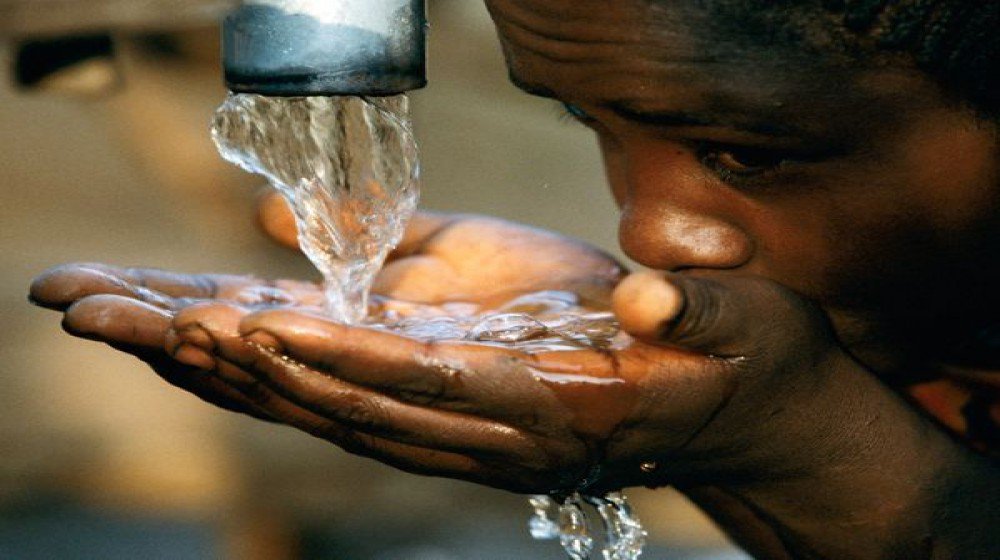
 Source : WHO/UNICEF JMP (2019) Progress on household drinking water, sanitation and hygiene 2000-2017. Special focus on inequalities.
Source : WHO/UNICEF JMP (2019) Progress on household drinking water, sanitation and hygiene 2000-2017. Special focus on inequalities.

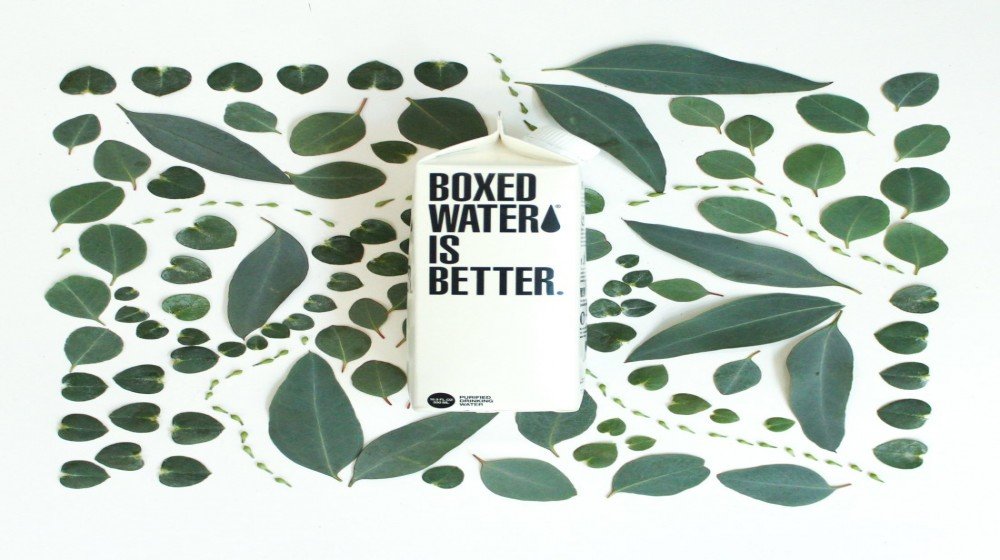
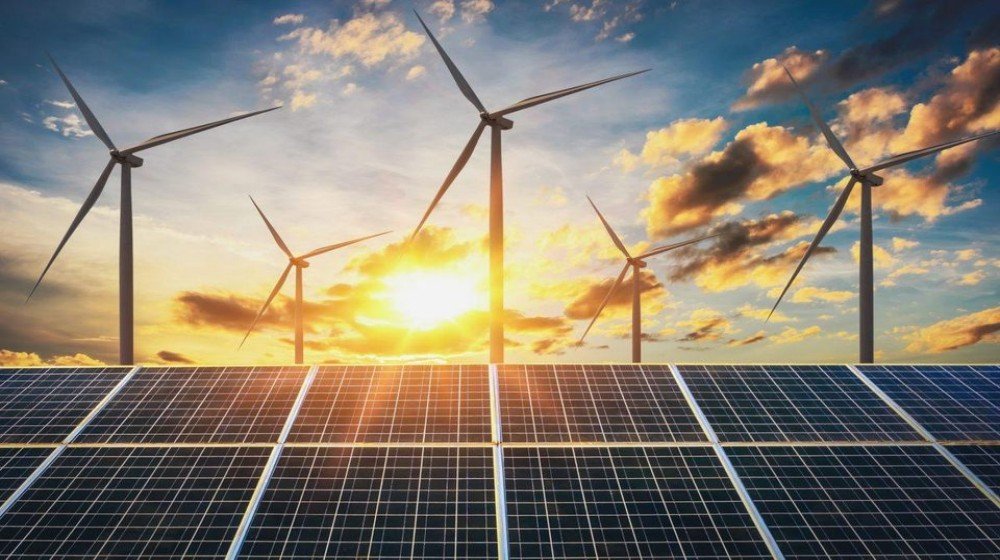
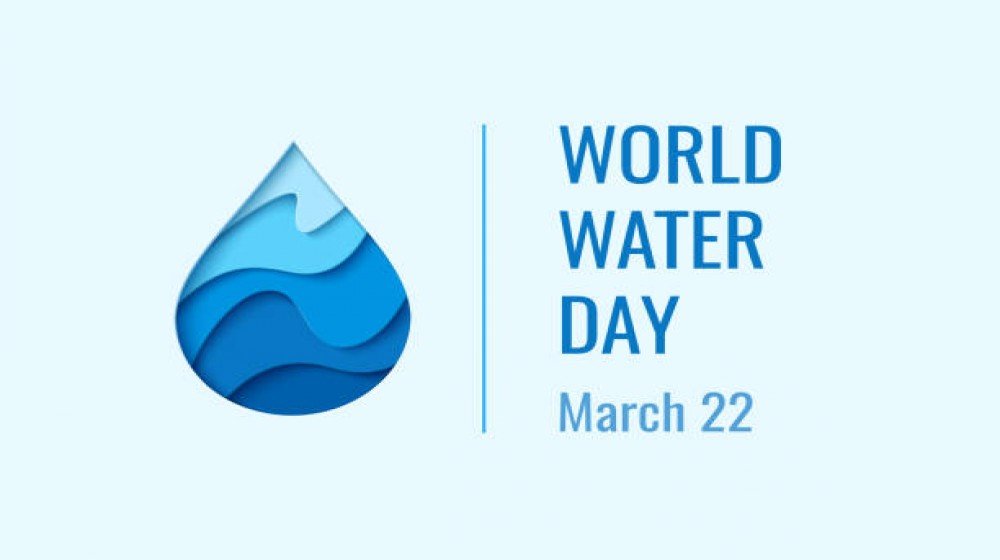
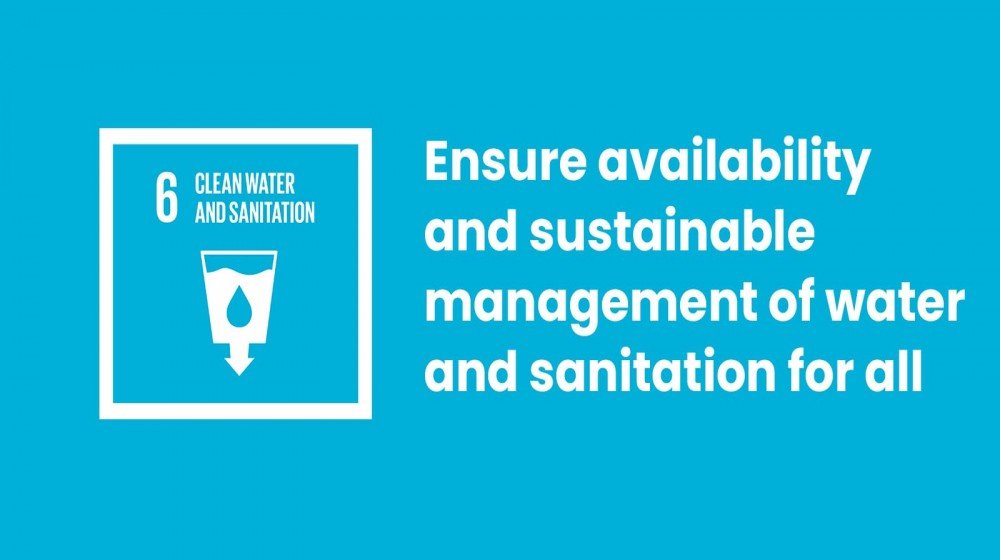

Post Comments